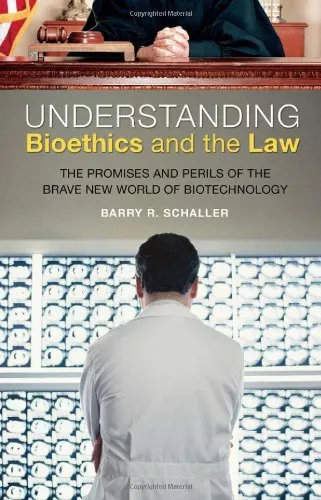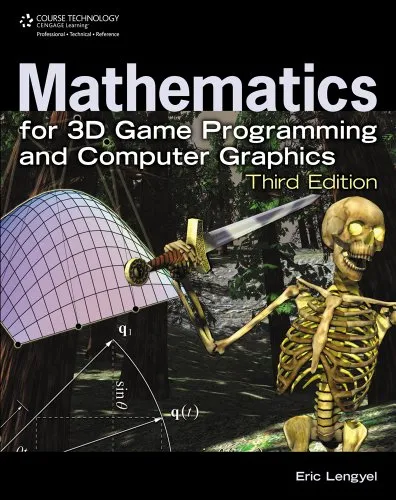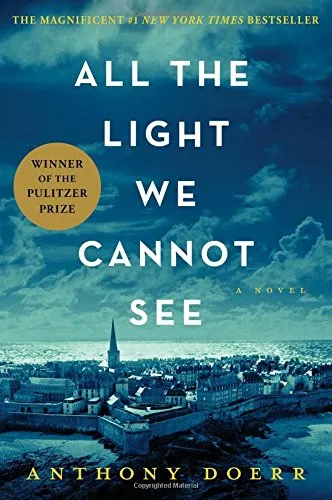The Future of Bioethics
4.9
Reviews from our users

You Can Ask your questions from this book's AI after Login
Each download or ask from book AI costs 2 points. To earn more free points, please visit the Points Guide Page and complete some valuable actions.Related Refrences:
Bioethics, born in the 1960s and 1970s, has achieved great success, but also has experienced recent growing pains, as illustrated by the case of Terri Schiavo. In The Future of Bioethics, Howard Brody, a physician and scholar who dates his entry into the field in 1972, sifts through the various issues that bioethics is now addressing--and some that it is largely ignoring--to chart a course for the future. Traditional bioethical concerns such as medical care at the end of life and research on human subjects will continue to demand attention. Brody chooses to focus instead on less obvious issues that will promise to stimulate new ways of thinking. He argues for a bioethics grounded in interdisciplinary medical humanities, including literature, history, religion, and the social sciences. Drawing on his previous work, Brody argues that most of the issues concerned involve power disparities. Bioethics' response ought to combine new concepts that take power relationships seriously, with new practical activities that give those now lacking power a greater voice. A chapter on community dialogue outlines a role for the general public in bioethics deliberations. Lessons about power initially learned from feminist bioethics need to be expanded into new areas--cross cultural, racial and ethnic, and global and environmental issues, as well as the concerns of persons with disabilities. Bioethics has neglected important ethical controversies that are most often discussed in primary care, such as patient-centered care, evidence-based medicine, and pay-for-performance. Brody concludes by considering the tension between bioethics as contemplative scholarship and bioethics as activism. He urges a more activist approach, insisting that activism need not cause a premature end to ongoing conversations among bioethicists defending widely divergent views and thcories.
Free Direct Download
You Can Download this book after Login
Accessing books through legal platforms and public libraries not only supports the rights of authors and publishers but also contributes to the sustainability of reading culture. Before downloading, please take a moment to consider these options.
Find this book on other platforms:
WorldCat helps you find books in libraries worldwide.
See ratings, reviews, and discussions on Goodreads.
Find and buy rare or used books on AbeBooks.
1261
بازدید4.9
امتیاز0
نظر98%
رضایتReviews:
4.9
Based on 0 users review
Questions & Answers
Ask questions about this book or help others by answering
Please login to ask a question
No questions yet. Be the first to ask!














